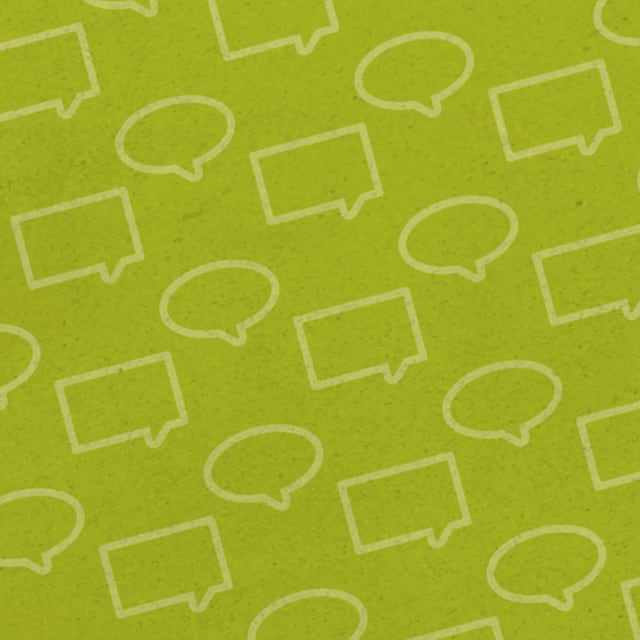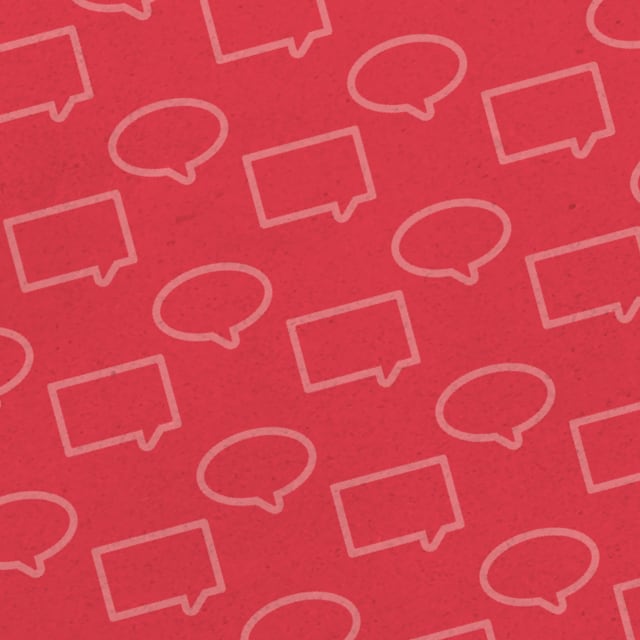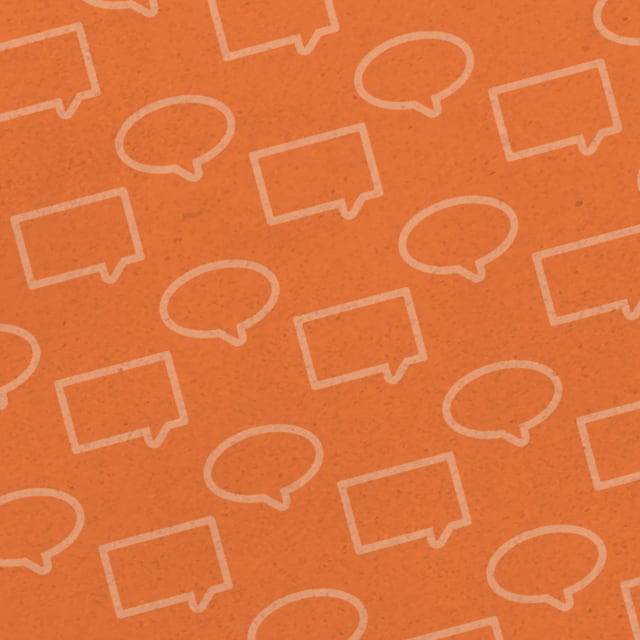Author: Yi-Nuo
In some ways, stress can help us perform better. In test situations, we’re more likely to be better prepared and more alert if we are feeling a bit of stress. That said, high levels of stress can also be harmful, hindering our memory of information we’ve studied, inducing feelings of panic and anxiety, and causing us to develop unhealthy habits.
When stress becomes overwhelming, we need to have ways to deal with it so that it doesn’t interfere with our health and wellbeing. The first step is learning to recognize stress. When under pressure, do you experience difficulty sleeping, drastic change in appetite, increased heart rate, migraines and headaches, dizziness, or constant exhaustion? If so, you may be a victim of stress – but don’t despair! The good news is that there are methods you can utilize to manage stress, and lessen its negative impact on you and your health.
Talk to Someone Who Understands
Reach out to people who will understand. Having someone to talk to and take study breaks can help alleviate stress. Classmates, friends, parents, and teachers who understand your situation and why you’re stressed can be great listeners and empathizers.
Note: while it definitely helps to reach out and talk to people, make sure you don’t fall into the conversational trap of comparing yourself to others. Just because somebody else has revised the text more times, or spent more hours reviewing, doesn’t mean you’re going to fail. Everyone has their own studying methods, and you should stick to a schedule that works for you.
Eat to Fuel Your Brain
Although it’s tempting to reach for coffee and refined sugar (and let’s admit it, cutting those things out completely isn’t always possible), maintaining a relatively healthy diet is crucial to brain function. Studies show that students who eat breakfast perform better on tests and exams, so be sure to make a healthy morning meal a part of your pre-exam routine. Make sure to balance between all food groups, and don’t forget to drink water! During study sessions, snack on nuts and seeds, fruit, and popcorn to fulfill your cravings without refined sugar and extra fats.
Get Rest
Strive to get eight hours a night for optimal memory retention and test performance. To do this, avoid cramming and all-nighters by managing your time and setting a schedule for yourself. Additionally, try to keep your work and rest areas separate. Instead of studying in your bedroom, try studying in a different room, or at school or the library. That way, your room and bed are reserved solely for rest, and it will be easier to fall and stay asleep when you need it.
At the end of the day, remember that life exists outside of your exams. Be sure to take study breaks, and try scheduling fun things, like downtime with friends or at the movies, to maintain balance in your life. Rest assured knowing that stress, while unpleasant, can actually be helping you study and prepare more effectively and that if it gets to be too much, there are ways for you to manage it. Good luck, you’ve got this!
























